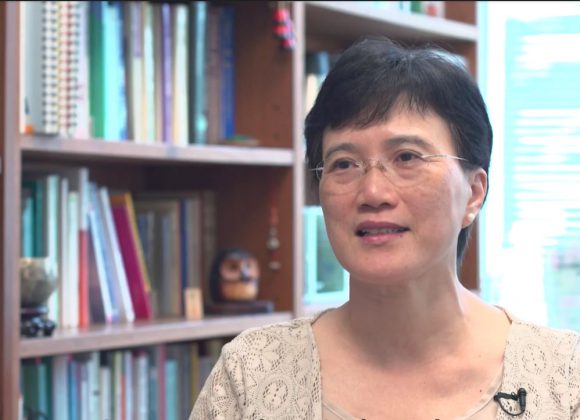Public Policy

We seek to establish a world-leading public policy programme that includes cutting-edge research and innovative teaching and training, and that provides a platform for public engagement focused on novel solutions to local, regional, and global problems.
We have identified two research areas that are of major local relevance and international interest—social cohesion and water governance.
As the world becomes more globalized, social cohesion becomes a bigger challenge to policymakers, particularly in big cities. Migration, economic restructuring, demographic change, and regional disparity bring problems such as social exclusion, wealth inequality, information gap, aging society, ethnic and racial tension, social rights entitlements, and many more. These challenges surfaced both at the regional, national, and sub-national levels, urging policymakers and researchers to find solutions. Like many countries, Hong Kong is presently faced with forces that undermine social cohesion. Most pressing issues include: Increasing wealth gap, discrimination against mainland immigrants and South Asians, shrinking civil liberties, dividing political loyalties, tension between the local population and mainland visitors, intergenerational poverty, as well as poverty among marginal and vulnerable groups. Research on social cohesion will help inform policy deliberation and also relate Hong Kong’s policy debate on social cohesion to international debate of the issue.
Water is not merely a key element in ecosystems but more importantly a factor affecting the social, political and economic development of human society. How to govern water resources in an efficient and sustainable manner is a grand challenge faced by many countries around the world. Particularly in China where rapid economic development and population growth have increased water demand tremendously yet at the same time polluted many water sources, water resources governance takes on significant policy importance. Our water governance research programme focuses on two areas, the implementation of water rights and the trans-boundary issues in water management. With a focus on the Pearl River Delta region, and the Dongjiang River Basin specifically, we will explore innovative structures for water governance and also the dynamics of the water-food-energy nexus and its implication for water policy.
For both of the research programmes, we have formed research teams drawing upon, and synergizing, the Faculty’s research strengths. Recruitment of research staff is underway to further strengthen our research capacity. Plans have been worked out for research activities as well as talks and international conferences. In water governance, for instance, a series of water governance forums is lined up to engage not only the international community but also policy actors at the local and regional levels. We are also planning to organize an international conference on grand challenges to water governance in 2015.
We are aware that public policy studies concerns not only generating knowledge but also applying and disseminating the knowledge to inform policy deliberation and action. Embedding our research work in relevant policy communities and engaging both the policy and wider communities are instrumental to turning knowledge into impact. The engagement exercise will be carried out in two ways. First, we are planning two series of public talks/forums—a practitioners’ series on public affairs and a series of policy forums. The former attracts wider areas of interest, addressing public affair issues of relevance to policy discussion including civic engagement, crisis management and the impact of social media in policymaking; we have already lined up a number of speakers for the talks. The latter is more focused on policy issues, and encompasses the active participation of academics and policy actors. The content and structure will be aligned with the research themes of the public policy initiative.
Second, to ensure that the PPI’s research activities and its policy advocacy/advising function is maximized for the community’s benefit, we are working to form a panel that include major policy players such as civil society players, experienced practitioners from both public administration and the political community, members of the business community, practicing academics, and also senior members of the media. The panel will deliberate and identify/endorse PPI research foci with a regional/global or greater China perspective, and could then form sub-panels for each research foci, and review progress as well as engaging the relevant policy community actively in its development. While the research reaches a critical stage it could take the initiative to launch the advocacy process. That way we ensure that our research is socially relevant, practicable and has broad community support and impact.
MSocSc (Educational Psychology)

The major research objective of HKU Strategic Research Theme (SRT) in Contemporary China......
Public Policy

We seek to establish a world-leading public policy programme that includes cutting-edge research and innovative teaching and training......
Nonprofit Management and Civil Society

Developed 16 cases in a world class case bank platform, in partnering with the Humphrey School of Public Affairs of the University of Minnesota...
Social and Cognitive Neuroscience

Direct and run the State Key Laboratory of Brain and Cognitive Sciences (SKL) in collaboration of Faculty of Medicine......
